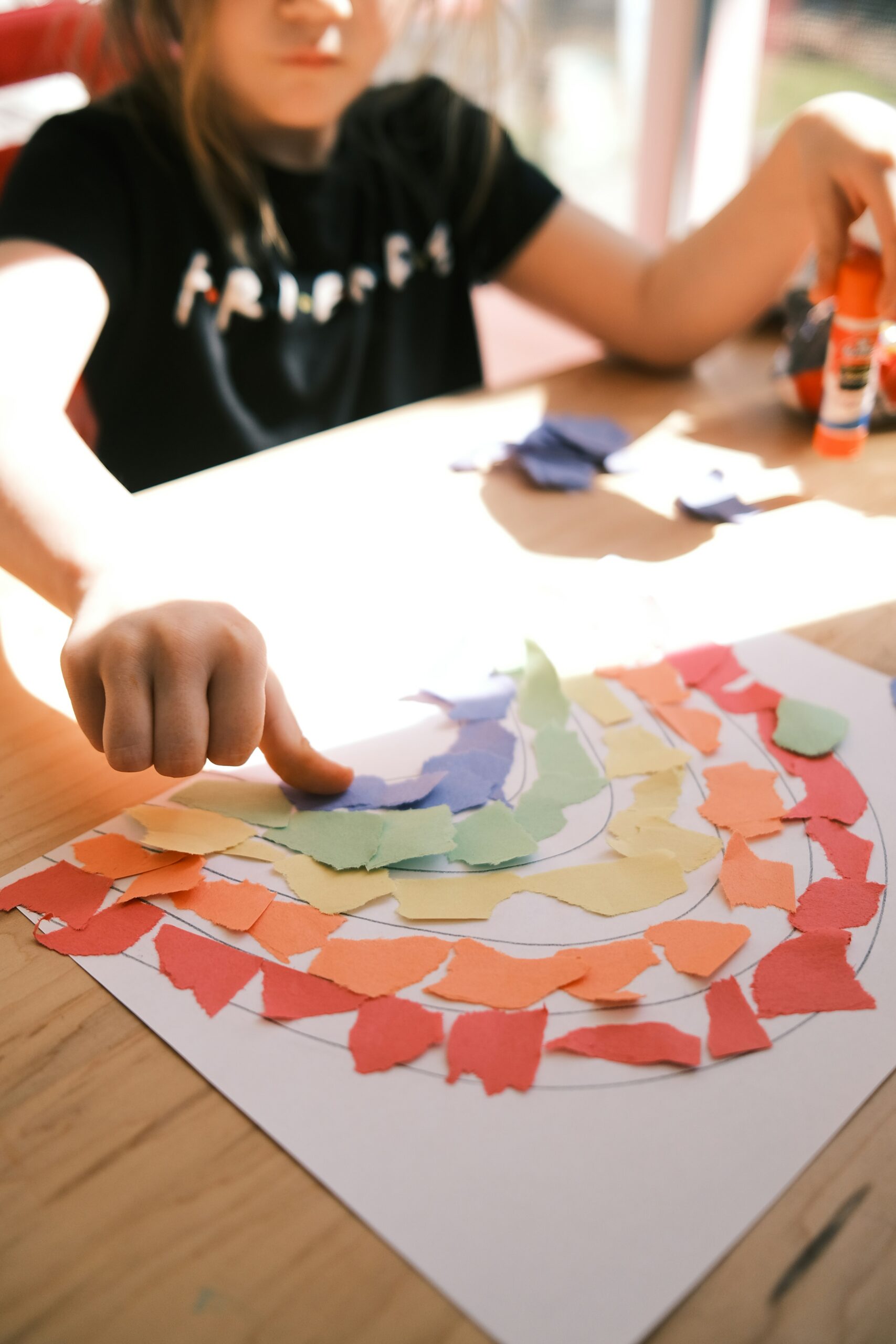Especially in Florida, but also throughout our whole country, LGBTQ+ youth are facing harmful discrimination. According to the Trevor Project, 52% of LGBTQ youth in high school and middle school reported being bullied within the last year. As discrimination continues to grow towards the LGBTQ+ community, parents, educators, and allies must be there to support LGBTQ+ youth, especially knowing that 45% of LGBTQ+ youth reported seriously considering suicide within the past year (Trevor Project, 2022). Here are some helpful tips to being a better ally and support for LGBTQ+ youth.
Create Inclusive Environments
Use gender-neutral language, display inclusive signage, and provide LGBTQ+-inclusive curriculum. People can tell if an environment is welcoming to them by the words that are spoken and what is displayed in the space. You can put a “Safe Space” or “Safe Zone” up on the wall and even include a rainbow background so they know it’s a safe space for them to be themselves. Avoid making assumptions about a persons gender or relationship status, but use “they/them” and “partner” until they’ve given you specific words to use. When talking about families, avoid talking about “mom and dad” and use terms like parents or caregivers. These things may seem minor to you, but they are greatly important for an LGBTQ+ youth to feel heard and supported.
Promote acceptance in your sphere of influence by fostering open dialogue and understanding by sharing personal stories and experiences from LGBTQ+ individuals and allies. Listen without judgment, offer unconditional love and acceptance, and advocate for their rights and well-being.
Educate Yourself
The best way to reflect on your own biases and knowledge about the LGBTQ+ community is to educate yourself. There are numerous books, podcasts, movies, blogs, etc that cover a wide range of LGBTQ+ topics, including history, identities, experiences, and activism. Look for works by LGBTQ+ authors and scholars to gain diverse perspectives. As you’re learning, reflect on the way the knowledge made you feel and seek consultation or counseling for any biases or microaggressions that come up for you. Everyone has biases inside of them, and the best thing we can do is be self-aware and address them to prevent us from causing harm to others.
Address Bullying and Advocate
LGBTQ+ youth need you to advocate for them. It is not on them to “stand up to their bullies” and they may even feel scared or unsure about telling an adult. Be aware of signs of bullying like changes in behavior, social isolation, academic decline, physical ailments, and avoiding certain people or places. Address any concerns you have as soon as possible. Make sure you are creating a safe space for youth to come to you and address their concerns.
You can be an advocate for the LGBTQ+ community by challenging discriminatory practices, and speak out against homophobia, biphobia, and transphobia. Participate in Pride events to support the community while learning from the LGBTQ+ community on how they need you to advocate for them.
Celebrate Diversity
Model inclusive behavior by promoting a culture of acceptance, inclusion, and celebration of LGBTQ+ identities and experiences. Demonstrate respect, empathy, and acceptance towards individuals of all sexual orientations and gender identities.
Don’t be afraid to ask questions and engage in open and respectful dialogue about LGBTQ+ topics. Have conversations with LGBTQ+ friends, family members, colleagues, and peers to learn more about their experiences and perspectives. LGBTQ+ youth NEED your support and care at a time like this.

View comments
+ Leave a comment